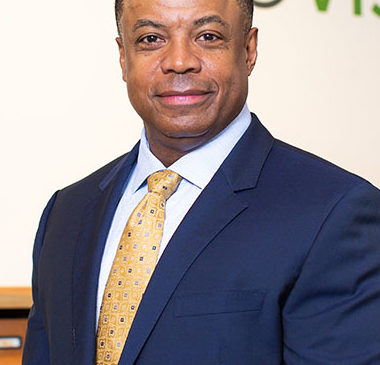Episode #25
CATEGORIES: Podcast
Episode #25
CATEGORIES: Podcast

Are you interested in the process of raising capital to buy a franchise? Do you know how to properly structure the arrangement? When you’re not able to completely fund the purchase yourself this can be a viable option—if you know where to start. Bill Noble of West Point Optical Group is here to lend his expertise in this episode of Franchise Secrets.
Bill graduated from West Point with a degree in Engineering Management and went on to get his MBA in Management from Harvard. He took his extensive background in leadership and business and pitched to a group of investors. A few short years later, he now owns 60 Pearle Vision Franchise locations around the country.
Bill grew up in a family of entrepreneurs. His Dad owned a flower shop and a Jazz Club and his Mom owned two daycare centers. As he worked through college and business school his goal was to get a C-Suite level position—he thought this was his path. He carefully chose the schools he attended and the positions he accepted to position himself for a job in a Fortune 500 Company.
He didn’t want to be an entrepreneur, but it was in his blood.
He was working at LensCrafters in operations and fell in love with Retail Optical. He knew of the competitors in the space and heard of an opportunity with Pearle Vision. When he got passed up for a promotion with his current company, he knew it was time to move in a different direction. Listen as we talk about his transition from corporate America into franchise ownership.
When Bill and his wife decided for him to dive-in headfirst, he immediately started formulating a business plan. This wasn’t a quick overnight ‘let’s throw something together’ business plan. He took weeks to hammer it out. He ran it by close friends for a sounding board.
His biggest hurdle was getting the potential investors to understand the optical retail space.
Many of them had some sort of brand-awareness but didn’t know the space, so it was his job to educate them while pitching. Originally, he was asking for an investment to purchase 10-25 stores in a three to five year time period. His original investment group raised 2.1 million dollars.
Don’t know what an accredited investor is? The SEC defines it in Rule 501 of Regulation D. Listen to the full episode as we discuss what that means and why it’s important!
When you’re looking for funding, the easiest place to start is trusted family or friends. If you don’t have people in your life with that kind of capital (or unwilling to bet on you) then you can turn to accredited investors.
Bill recommends creating a tier system for who you reach out to for investment opportunity.
Bill structured his operating agreement so your dollar amount was your ownership amount. Everyone needed to be equally vested. He was also sure to have it written in that his position as CEO was protected. The only way he can be removed or replaced as CEO is if he commits a crime.
The agreement was also structured to protect the equity investment of every partner. In his first capital call, everyone invested proportionately. However, on his second capital call, 2 investors fell short or didn’t have the means to match. The other investors were all given the opportunity to invest equal amounts towards the shortfall so their equity wasn't diluted.
Bill and I continue to talk about his original strategy and how it evolved, putting the proper systems in place, and taking risks—so listen to the very end!